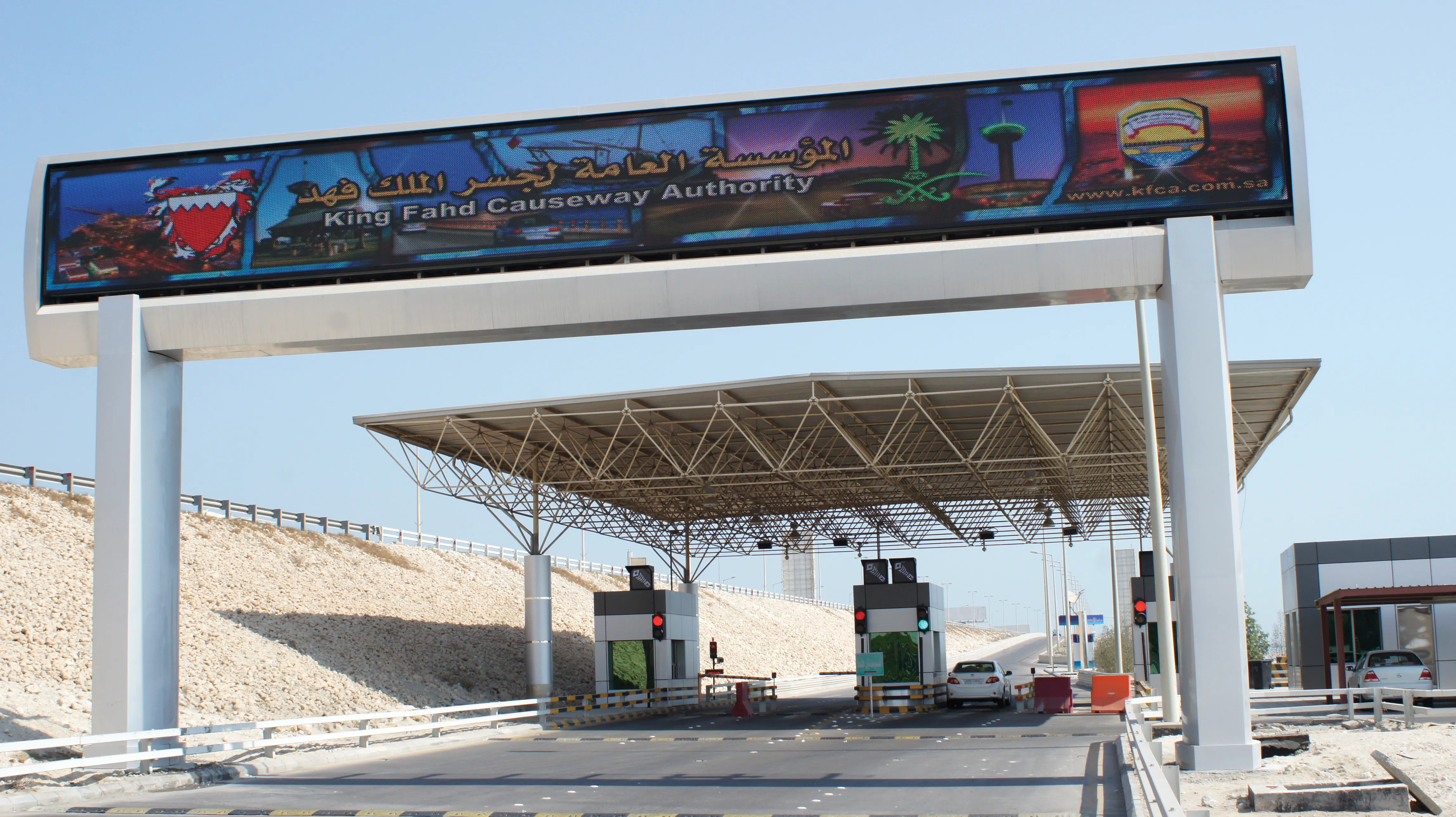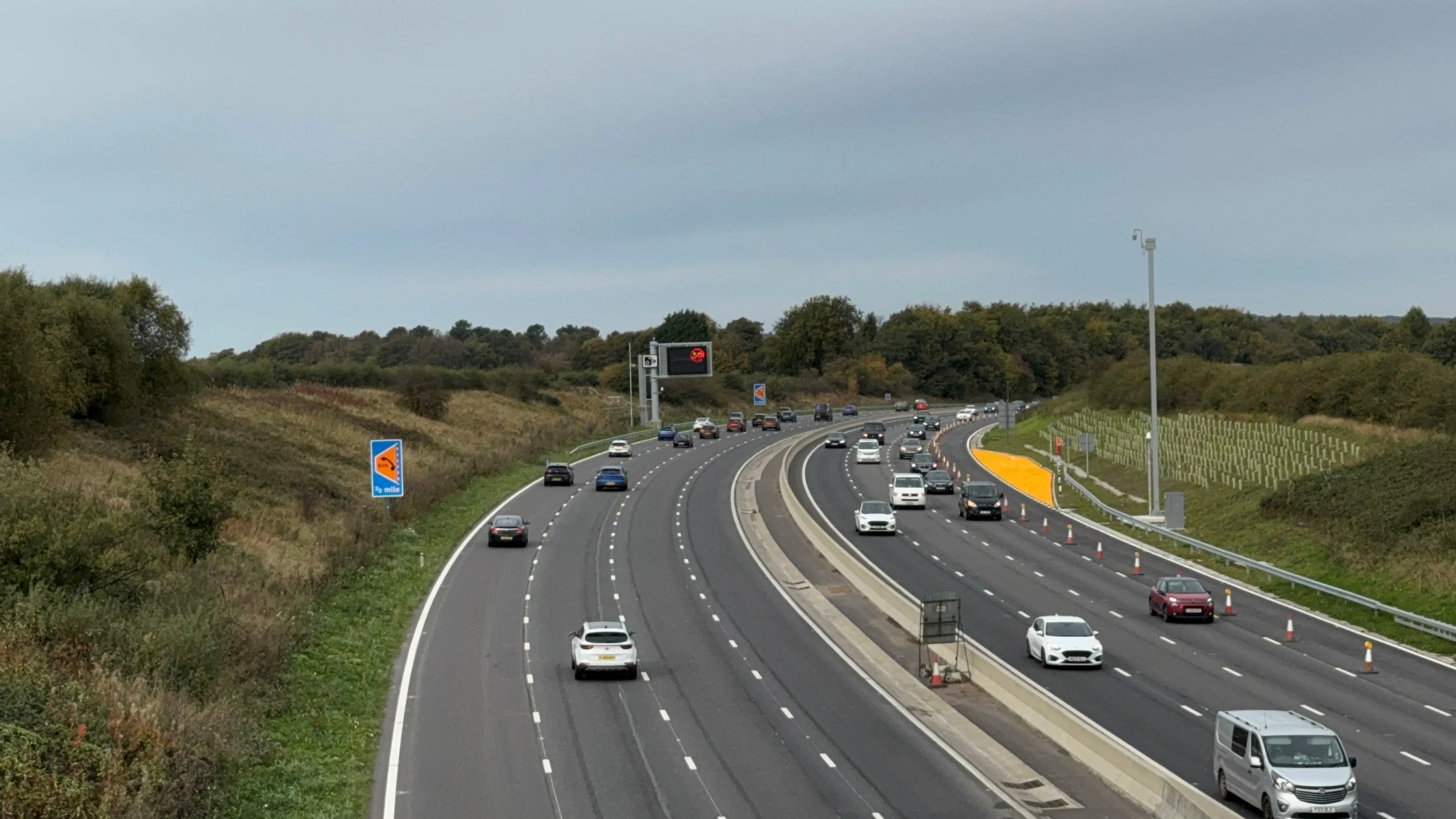"One of the most important challenges for the Highways Agency (HA) is the management of Britain's motorways to improve traffic flows, reduce congestion, cut travel times and maintain better local air quality. But as traffic volumes increase, the HA is constantly looking for more economical, effective and sustainable methods of managing the country's motorways.
"The Managed Motorway concept uses detectors to measure congestion, control software to display mandatory speed signs and an enforcement system to
April 11, 2012
Read time: 2 mins

Marc Roberts,
"The Managed Motorway concept uses detectors to measure congestion, control software to display mandatory speed signs and an enforcement system to ensure drivers comply with the temporary speed limits. Peek has provided the detector technology through our Motorway Incident Detection and Signalling (MIDAS) products, the control software with our HA Traffic Management System (HATMS) and Hard Shoulder Management System (HSMS), as well as developing and installing the Highways Agency Digital Enforcement Camera System (HADECS).
"The enforcement system was granted UK Home Office Type Approval following a period of rigorous testing by the Home Office Scientific Development Branch (HOSDB) in conjunction with the Police. Images are collected digitally by the outstation camera units and automatically transmitted to an in-station in a secure encrypted format using Advanced Encryption Standard (AES).
"The Managed Motorway system permits the use of the hard shoulder at times of congestion to allow more vehicles to use the road. Compliance with the variable mandatory speed limits improves safety on the road and improves journey time reliability for the motorists." Traffic control technology from Peek Traffic, part of the Holland-based Imtech Group, is used in the M6 Birmingham Box Managed Motorways Scheme (BBMM).







